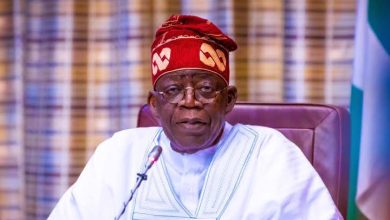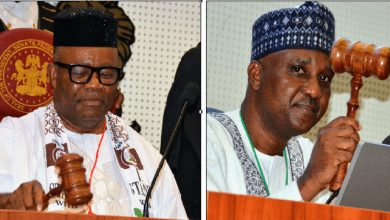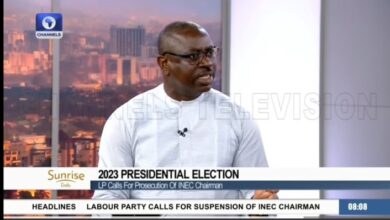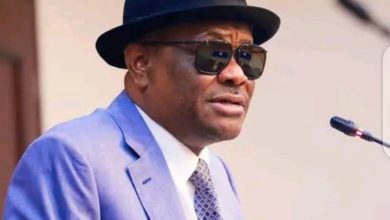"Why Tribunal Shouldn't Sack Me Over 30-Year-Old US Court Judgement Cited By Obi" – Tinubu
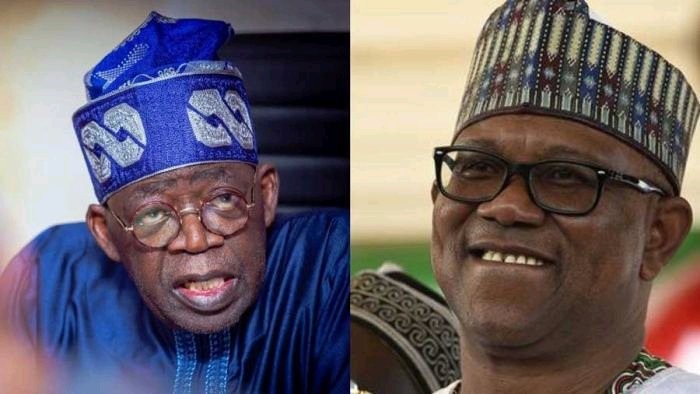
In their final response to the Presidential Election Petition Court (PEPC), President Bola Tinubu and Vice President Kashim Shettima provided an explanation as to why their electoral victory should not be invalidated based on a 1993 United States District Court ruling that required Tinubu to forfeit $460,000 believed to be proceeds from drug trafficking.
Led by Wole Olanipekun, SAN, their legal team argued that the narcotics forfeiture order in question was issued 30 years ago in 1993, and under Section 137(1)(e) of the 1999 Constitution, a conviction expires after 10 years.
These arguments were presented in the final written statement from the legal teams of Tinubu and Shettima, which was obtained by The Punch on July 14.
The response was in reference to a section of the petition submitted by Mr. Peter Obi, the Labour Party’s presidential candidate, who requested the PEPC to declare Tinubu ineligible to run in the February 25 presidential election or any other election in Nigeria due to the forfeiture order. Dr. Livy Uzoukwu, SAN, a member of Obi’s legal team, claimed that Tinubu had been punished in the United States for alleged drug trafficking, which is punishable by Nigerian law.
The judgment in question was presented as exhibits before the court, and a witness was summoned to testify on the matter.
“The Petitioners further argue that Tinubu was ineligible to run for president at the time of the election due to a $460,000.00 (Four Hundred and Sixty Thousand United States Dollars) fine for a dishonesty-related offense, specifically drug trafficking, imposed by the United States District Court, Northern District of Illinois, Eastern Division, in Case No: 93C 4483 between: UNITED STATES OF AMERICA, v. Plaintiff FUNKO.
The date for judgment will be set by the court after the petition is scheduled for the adoption of written addresses at a later time. Tinubu’s attorneys objected to the referenced ruling by Obi, arguing that even if there had been a criminal conviction, Nigerian law rendered it ineffective as the incident occurred 30 years ago in 1993.
Olanipekun stated that the constitutional provision had made the situation null and void, and emphasized that none of Obi’s witnesses could provide evidence of the word “fine” being used in any of the US documents submitted as exhibits.
According to Section 3 of the Reciprocal Enforcement of Foreign Judgements Ordinance and Foreign Judgement (Reciprocal Enforcement) Act, Tinubu’s legal team asserted that the aforementioned judgment had not been filed in Nigeria.
Olanipekun further argued that the judgment should not be considered in Nigeria as Obi’s witnesses could not provide a “certificate purporting to be given under the hand of a police officer” from the US containing relevant evidence.
He clarified that Tinubu had not been charged, tried, or sentenced, and that the US judgment was the outcome of civil processes. Olanipekun argued that the court should classify the 30-year-old US judgment as Non-Conviction Based Forfeiture (NCBF), without prejudice to Obi and his witnesses’ statements, since it was not a criminal conviction. He emphasized that the judgment should not be considered a conviction for the purposes of Section 137 of the 1999 Constitution.
Source: The Punch papers
Savigny (
)

